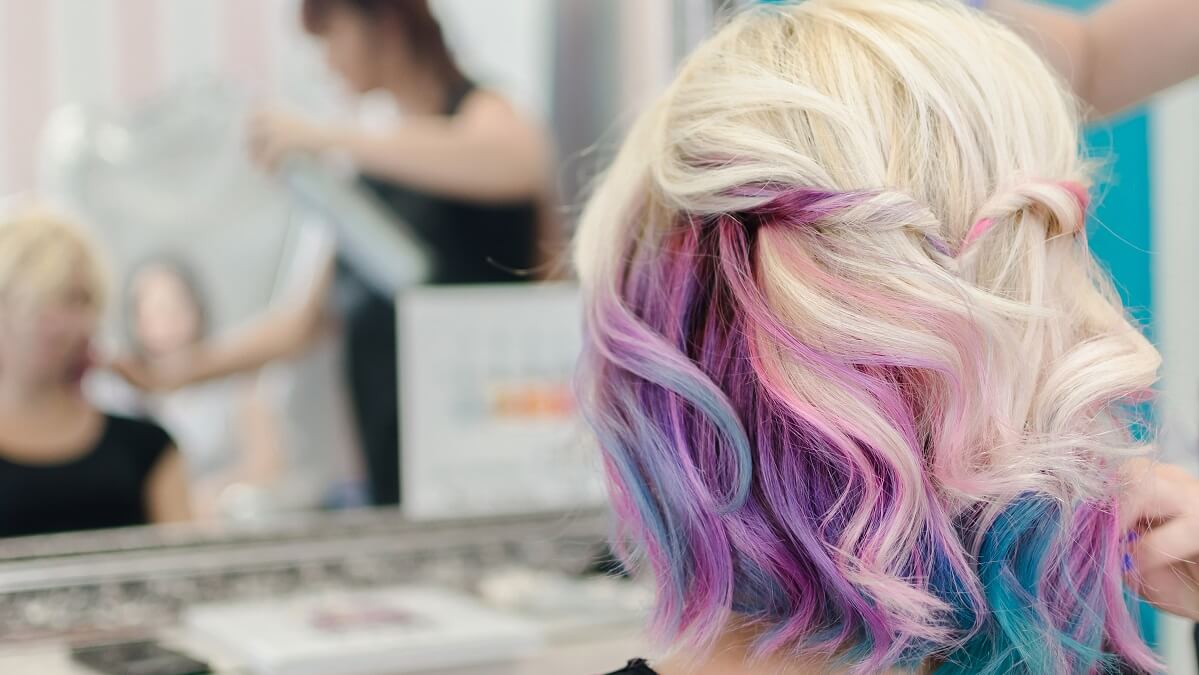As a male in my late 50s, hair dye is no longer a subject that has relevance. Sadly, I simply don’t have enough hair to dye these days. But many Australians – male and female – do, and for them a new report should perhaps act as a caution.
In fact, that caution should probably extend beyond those who dye their hair, or have it dyed for them. Those who do the dyeing might also benefit from knowledge of the possible risks associated with hair dyes. Alarmingly, those potential risks include a number of cancers.
Cancers associated with hair dye
Researchers have been looking at the possibility of a link between hair dye and cancer for decades. And yet, for all that research, there are still many unknowns. That is partly because dyes have been evolving continuously, making the task of pinpointing potentially damaging ingredients very difficult.
What has been identified in very broad terms is a trio of cancer types, that may be linked to hair dyes. By coincidence the three all begin with ‘B’. They are bladder cancer, blood cancers and breast cancer.
Breaking down the cancers
Bladder cancer: Research has showed a potential link between the heavy use of some hair dyes and bladder cancers. ‘Heavy use’ eliminated those who were dyeing their own hair periodically, but it did take in barbers and hairdressers. One study indicated that the longer hairdressers were exposed to permanent dyes, the greater the risk of contracting bladder cancer.
However, this possible link was very much associated with dyes manufactured prior to the 1980s. Studies conducted since have not found a link so, unless you were a hairdresser in the 1970s or earlier, your risk appears to be minuscule, if not zero.
Blood cancers: Research has also suggested a possible link between the use of hair dyes and a slightly elevated risk of non-Hodgkin’s lymphoma and leukaemia. The risk appeared to be higher for those who used darker coloured dyes. Similar to bladder cancer, the blood cancer risk was higher in those who had begun dyeing their hair before 1980.
Breast cancer: Of the three ‘Bs, breast cancer is perhaps the one to show the strongest link to hair dye. But again, various studies are contradictory, and any increase in risk appears to be slight.
One apparent factor in increased risk appeared to be race. A US study showed that black women who used hair dye had a higher increased risk than other ethnicities. In many of these cases, the black women were also using hair straighteners, which have also been linked with cancer.
What should you do?
While the risk, if any, appears to be slight, there are three simple strategies you can take to reduce it. First, make sure you follow the instructions carefully. This includes making sure you dye in a well-ventilated area. Second, see if there’s a gentler dye that will meet your needs. That could be a semi-permanent or temporary dye. Third, try reducing your dyeing frequency.
In summary, an increased cancer risk linked to hair dyes appears to be slight, if one exists at all. But you might consider ‘going natural’ in any case. As slight as the risk might be, by avoiding dyeing, you might also be avoiding dying!
Are you a frequent user of hair dyes? Do you have any concerns about the possible risks? Let us know via the comments section below.
Also read: Is perimenopause causing your hair to change?
Health disclaimer: This article contains general information about health issues and is not advice. For health advice, consult your medical practitioner.

